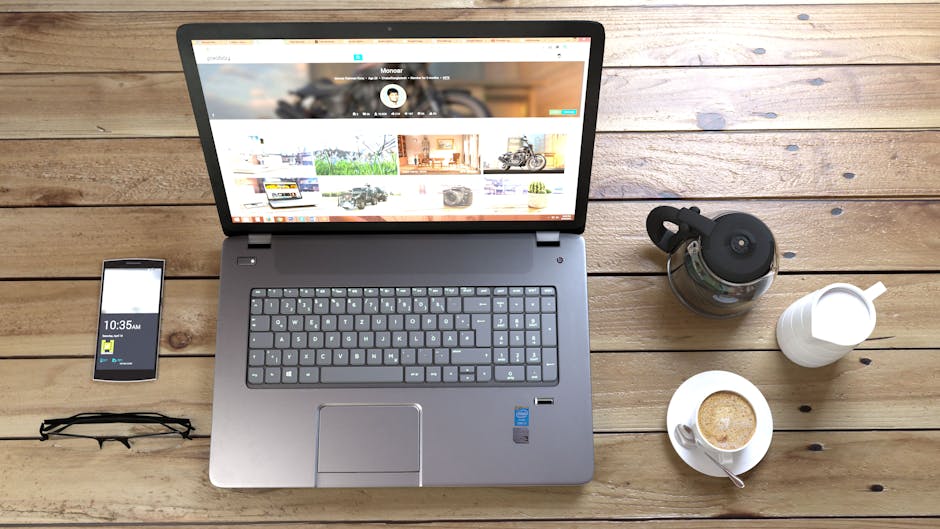Choosing a web host is kind of like picking a roommate. You're going to be spending a lot of time with them (virtually, of course), so you want to make sure they're reliable, not too messy, and won't drain your bank account. And just like with roommates, there are a lot of options out there, from the super cheap and cheerful to the premium penthouse suite. So how do you navigate this digital housing market?
First, you need to figure out what kind of website you're building. Is it a simple blog to share your thoughts on sourdough starters? Or is it a complex e-commerce site selling handcrafted artisanal cat toys? This will determine how much storage space and bandwidth you'll need. A simple blog won't require the same resources as a site handling thousands of product images and customer transactions.
Next, consider the different types of hosting available. Shared hosting is like living in a dorm – it's the cheapest option, but you're sharing resources with other websites. VPS hosting (virtual private server) is like renting an apartment – you have your own dedicated space and more control. Dedicated hosting is like owning a house – you have the whole place to yourself and all the resources are yours. Finally, cloud hosting is like living in a futuristic, interconnected city – it's scalable and flexible, adapting to your needs.
Then, think about features. Do you need a control panel to manage your website easily? What about email accounts? And don't forget about security features like SSL certificates to keep your visitors' data safe. Some hosts even offer website builders and marketing tools.
Once you have a good idea of what you need, start comparing different hosting providers. Look at their pricing, features, and customer support. Read online reviews to see what other users are saying. And don't be afraid to ask questions! A good web host should be happy to answer any queries you have.
Don't fall for the trap of choosing the cheapest option without considering the long-term implications. A poor web host can lead to slow loading times, security vulnerabilities, and frustrating downtime. Remember, your website is your online home, so invest in a solid foundation.
Finally, remember that you can always switch hosts if you're not happy with your current one. It might seem like a hassle, but it's better than being stuck with a bad roommate (or web host) for years.
So, take your time, do your research, and choose a web host that fits your needs and budget. And who knows, maybe you'll find your perfect digital roommate!

